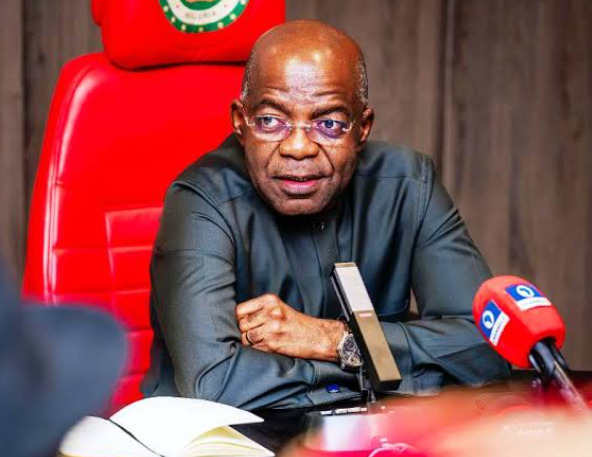
Big Trouble at Paystack – Co‑Founder Ezra Olubi Suspended as Old Tweets and Allegations Surface

In a major shake‑up for Nigerian fintech firm Paystack, co‑founder and CTO Ezra Olubi has been placed on immediate suspension following the surfacing of historical social‑media posts and a fresh allegation of sexual misconduct. The company, known for its high‑profile acquisition by Stripe in 2020, is now grappling with reputational risk and internal scrutiny as the business community watches closely.
According to statements issued by Paystack, the suspension is “effective immediately” and covers all of Olubi’s duties and responsibilities pending the outcome of a formal investigation. The allegations specifically involve a claim of sexual misconduct with a subordinate, which began circulating across social‑media platforms on November 12 2025.
Compounding the issue is the resurfacing of a cache of decades‑old tweets by Olubi, dating from 2009 to 2013. These posts — uncovered by users on the platform formerly known as Twitter (now X) — allegedly contain sexually explicit jokes referencing colleagues and minors, and have been characterized by observers as deeply inappropriate. The resurfacing of these old posts has amplified public scrutiny of the company’s culture and governance.
Paystack, in its public comment, stressed that the matter is being taken “extremely seriously,” and that further public commentary will be withheld until the investigatory process is complete. At this stage, Olubi has not made a public response, and his personal X account was deactivated on November 13, 2025.
For a company like Paystack — which quickly became one of Africa’s most‑closely watched fintech success stories — this incident raises a number of strategic questions. First, there is the immediate concern of internal disruption: a senior executive, co‑founder at that, now out of active duty while key parts of the business may be impacted by uncertainty, shifting leadership responsibilities and possible morale implications for staff. Then there is reputational risk: stakeholders, including customers, investors, regulators and media, will gauge whether the firm’s response reflects its publicly‑stated values. Further, the resurfacing of aged social‑media posts highlights the growing challenge for companies and executives: historical digital footprints now carry real‑world consequences, even when decades old.
For Paystack’s board and leadership, the coming days and weeks are likely to be defined by how transparently and robustly they manage the investigation. Will the process be sufficiently independent and seen to hold senior leadership accountable? Will the company communicate clear next‑steps, preserve trust among employees and customers, and ensure that culture and governance remain strong? These are the stakes.
More broadly, the case underscores a shifting landscape in Africa’s technology sector — one in which behavioural and ethical standards are under growing scrutiny. As startup ecosystems mature and regulatory, investor and public expectations rise, firms can no longer treat allegations of misconduct or inappropriate conduct simply as internal personnel matters. Instead, the way such issues are handled becomes central to brand, hiring, investment, and regulatory standing.
In Nigeria in particular, where the tech‑community and fintech narrative have often emphasised rapid growth and disruption, the Paystack episode acts as a potential wake‑up call. Startups and scale‑ups may now increasingly factor in reputational risk tied to leadership behaviour, digital pasts and social accountability. For Olubi personally, the resurfaced tweets may illustrate how comments made long ago — in different contexts, and on platforms less scrutinised at the time — can suddenly become front‑page issues and impact an entire organisation.
As of now, Paystack has not provided a timeline for the conclusion of its investigation, nor details on interim leadership arrangements in Olubi’s absence. Observers will watch carefully for whether the company updates shareholders, regulators or the public about findings, or whether further steps are taken in response to the old tweets beyond internal review.
For customers and partners of Paystack, this episode may serve as a moment of caution: service providers in critical infrastructure spaces must not only be operationally sound but also aligned with social expectations around workplace conduct, integrity and trust. In an era where fintech firms are integrated deeply into consumer lives and payments systems, any sign of behavioural risk at the leadership level can raise broader questions about stability and governance.
In summary, the suspension of Ezra Olubi at Paystack is more than a personnel move. It is a test of the company’s governance model, its culture and its ability to withstand reputational turbulence. Whether Paystack emerges from this episode with integrity intact — or whether the saga marks a turning point in how Africa’s tech companies view leadership conduct — remains to be seen.


